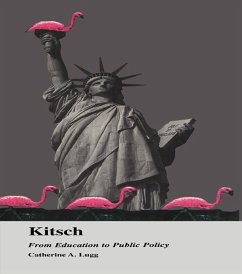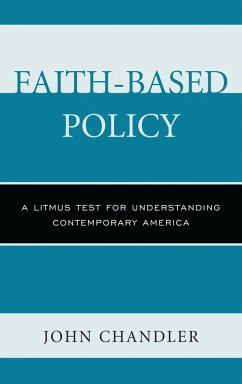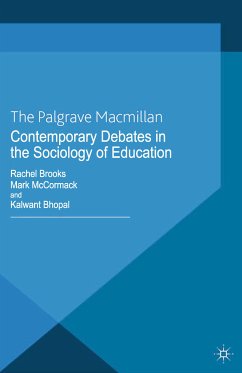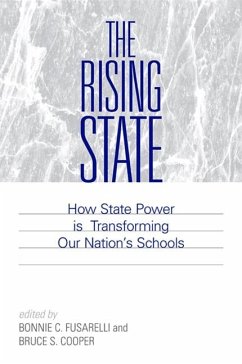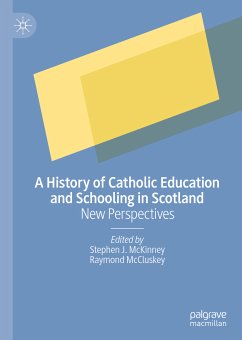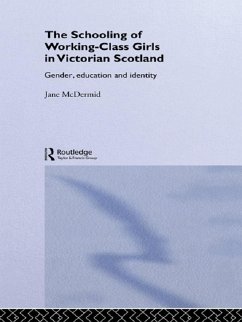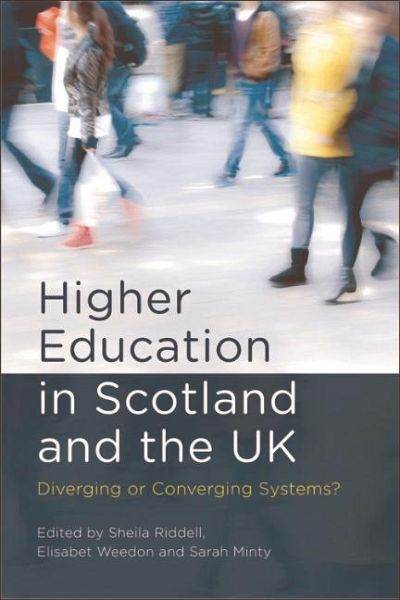
Higher Education in Scotland and the UK (eBook, PDF)
Diverging or Converging Systems?
Redaktion: Riddell, Sheila; Minty, Sarah; Weedon, Elisabet
Versandkostenfrei!
Sofort per Download lieferbar
0,00 €
inkl. MwSt.
Weitere Ausgaben:

PAYBACK Punkte
0 °P sammeln!
This study of higher education policy across Scotland and the rest of the UK reveals some uncomfortable truths. The rapid growth of the higher education across the UK has led to the inclusion of more students from socially disadvantaged backgrounds, but institutional hierarchies have remained intact. Despite political rhetoric surrounding free higher education in Scotland, the system has failed to produce more egalitarian outcomes compared with the rest of the UK. However, the policy has become very difficult to challenge and is likely to survive for some time. Universities in Scotland have fl...
This study of higher education policy across Scotland and the rest of the UK reveals some uncomfortable truths. The rapid growth of the higher education across the UK has led to the inclusion of more students from socially disadvantaged backgrounds, but institutional hierarchies have remained intact. Despite political rhetoric surrounding free higher education in Scotland, the system has failed to produce more egalitarian outcomes compared with the rest of the UK. However, the policy has become very difficult to challenge and is likely to survive for some time. Universities in Scotland have flourished over the past decade, but the fact that their funding has been prioritised over that of schools and colleges has had some unwelcome consequences. School attainment is the most important factor affecting university participation, so improving the educational outcomes of pupils from poorer backgrounds would involve channeling more resources into schools and colleges. The devolution settlement is currently under intense discussion and constitutional arrangements will undoubtedly continue to change. However, with higher education systems increasingly interlinked, not only within the UK but internationally, policy approaches based on the permanence and inviolability of national boundaries are no longer tenable.
Dieser Download kann aus rechtlichen Gründen nur mit Rechnungsadresse in A, B, BG, CY, CZ, D, DK, EW, E, FIN, F, GR, HR, H, IRL, I, LT, L, LR, M, NL, PL, P, R, S, SLO, SK ausgeliefert werden.





